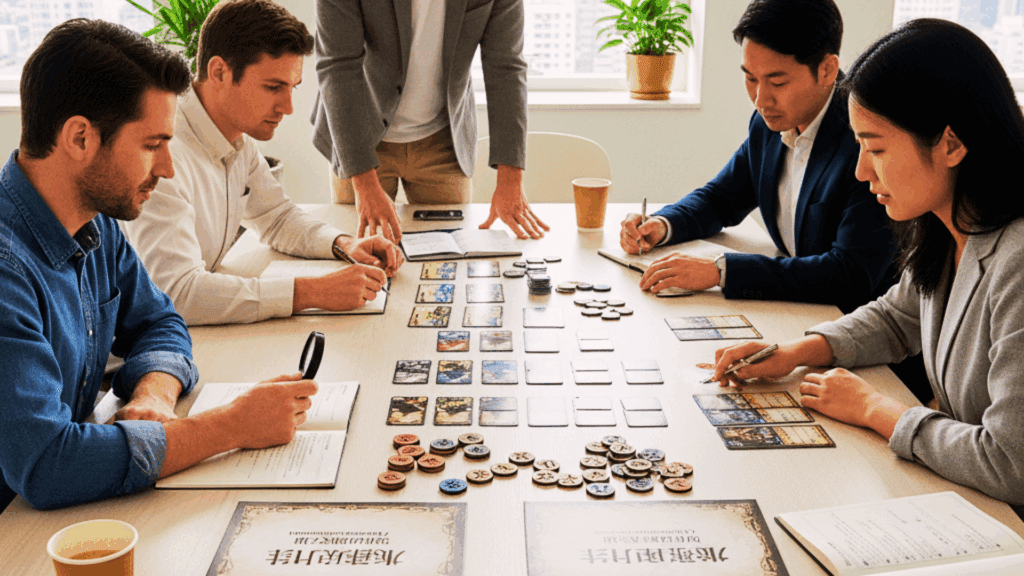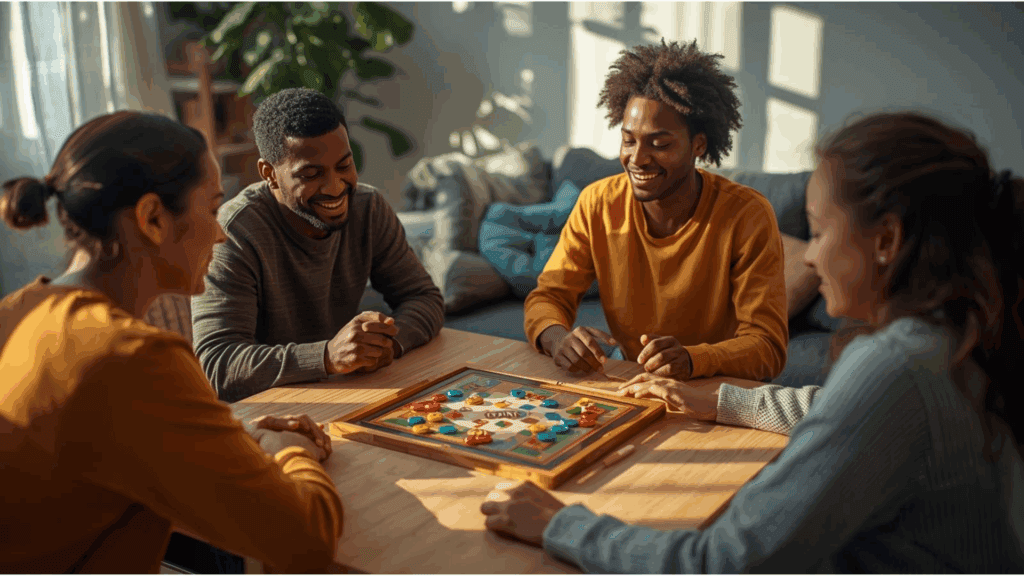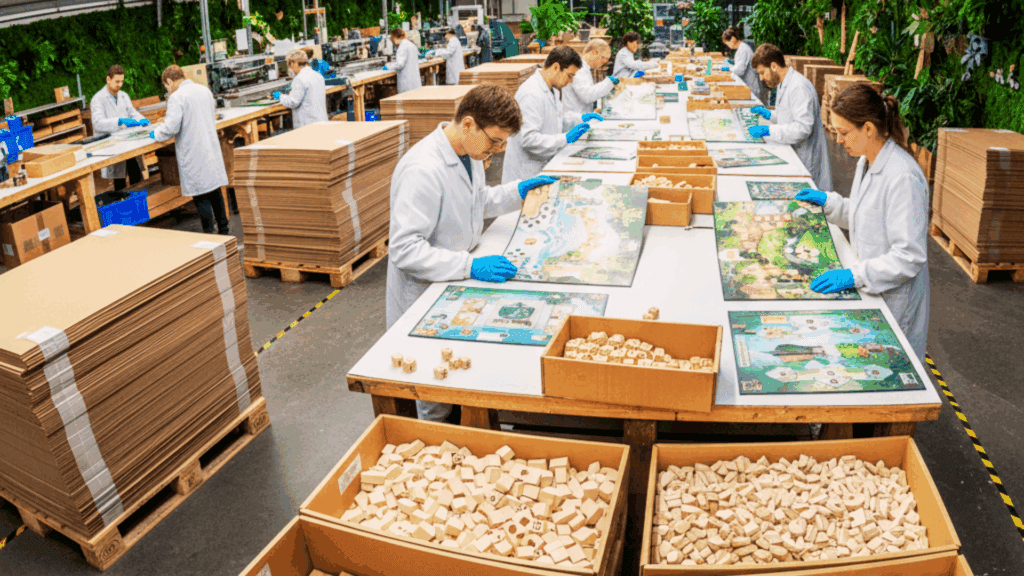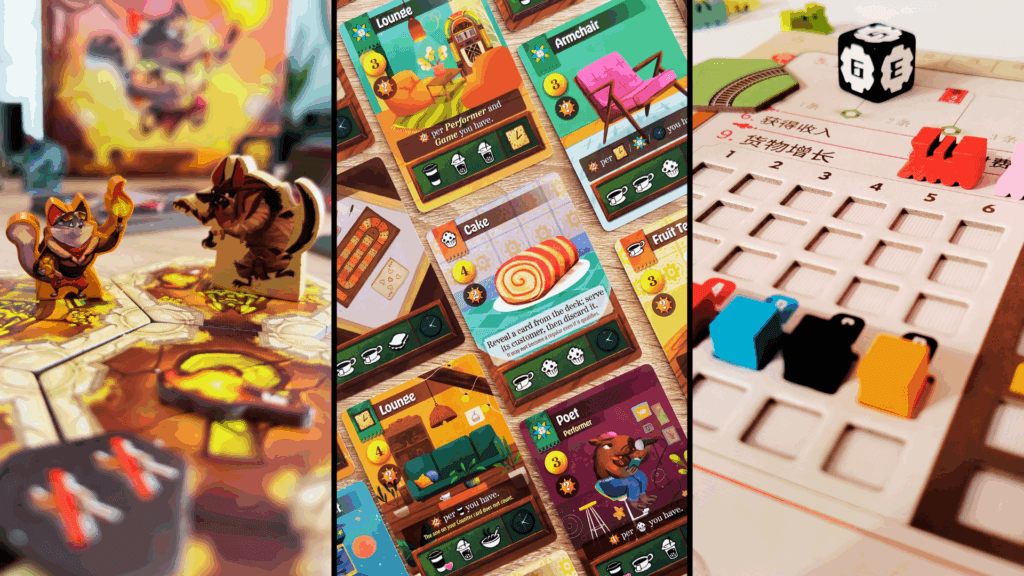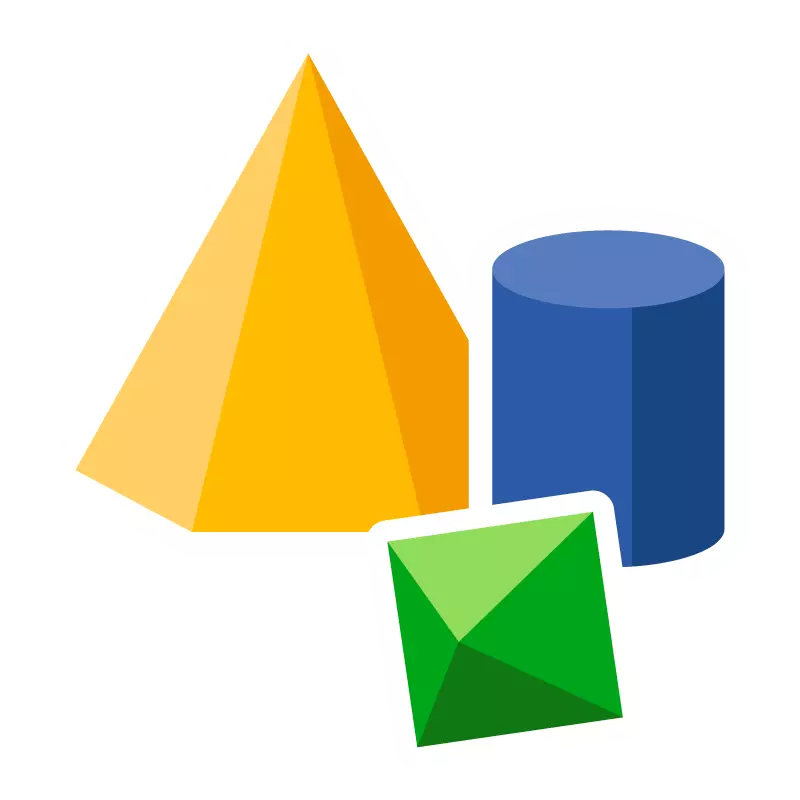

Dive into our insights for publishers & designers!<span data-metadata="">
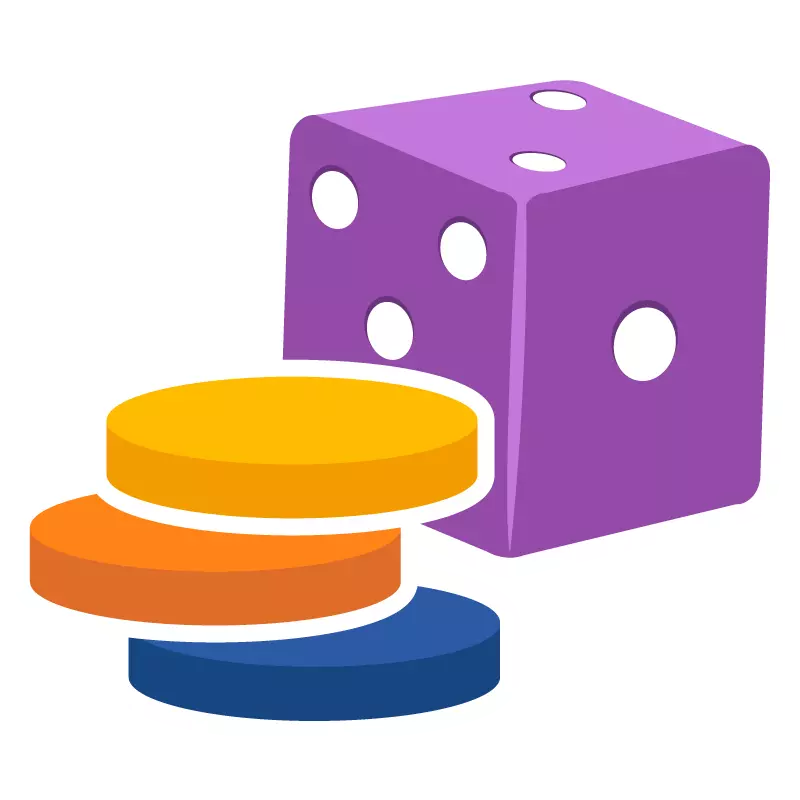
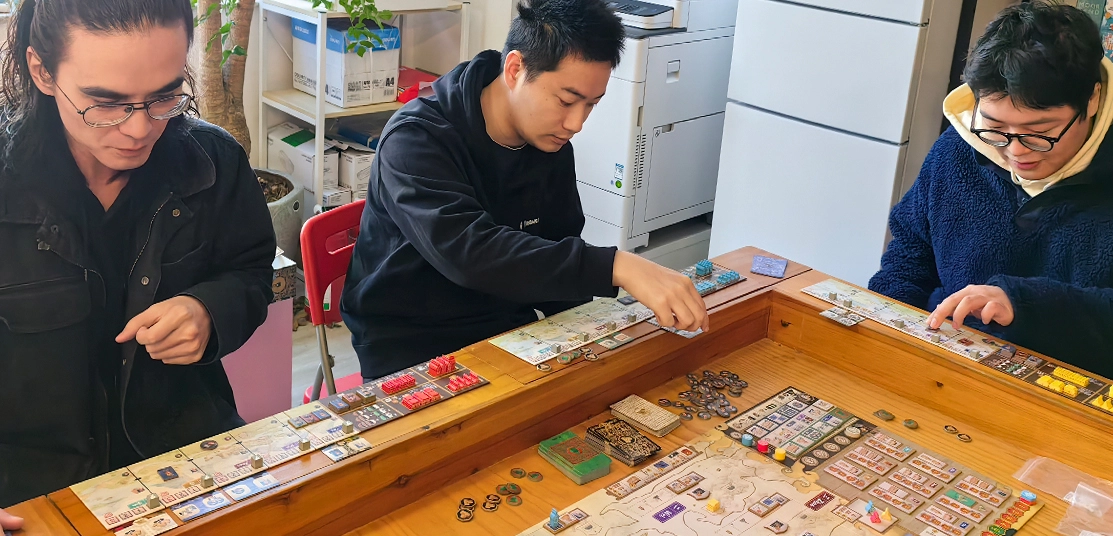
Date: 20/04/2024
Building a Thriving Playtesting Community: Strategies for Engaging Playtesters in Game Development
Greetings, game designers and publishers! Today, we embark on an exciting journey into the world of playtesting community building – a crucial aspect of board game development. In this guide, we’ll explore actionable strategies for building a network of playtesters and cultivating a supportive community of players who are eager to provide valuable feedback and contribute to game development. By fostering strong relationships and creating meaningful connections, you’ll unlock the full potential of playtesting and elevate your game designs to new heights. So, let’s dive in and discover the secrets to building a thriving playtesting community!
The Power of Community:
At the heart of successful playtesting lies the power of community – a network of passionate individuals who share a common love for board games and a desire to contribute to their development. By building a strong playtesting community, designers can tap into a wealth of knowledge, insights, and perspectives that enrich the game development process and lead to better games.
Strategies for Building a Playtesting Community:
1. Define Your Audience: Identify your target audience and tailor your outreach efforts to attract players who align with your game’s theme, mechanics, and target demographic. Whether it’s casual gamers, strategy enthusiasts, or thematic adventurers, understanding your audience is key to building a community that resonates with your game.
2. Leverage Social Media: Utilize social media platforms such as Facebook, Twitter, Instagram, and Reddit to connect with potential playtesters and promote playtesting opportunities. Join relevant groups and communities, share updates about your game development journey, and engage with players to build excitement and interest.
3. Host Local Events: Organize local playtesting events, meetups, or game nights to bring together players in your area and provide opportunities for hands-on playtesting. Partner with local game stores, cafes, or community centers to host events and reach a broader audience of players.
4. Offer Incentives: Provide incentives for playtesters to participate in testing sessions, such as exclusive access to early prototypes, discounts on future releases, or recognition in the game credits. Incentives not only motivate playtesters to participate but also show appreciation for their valuable contributions.
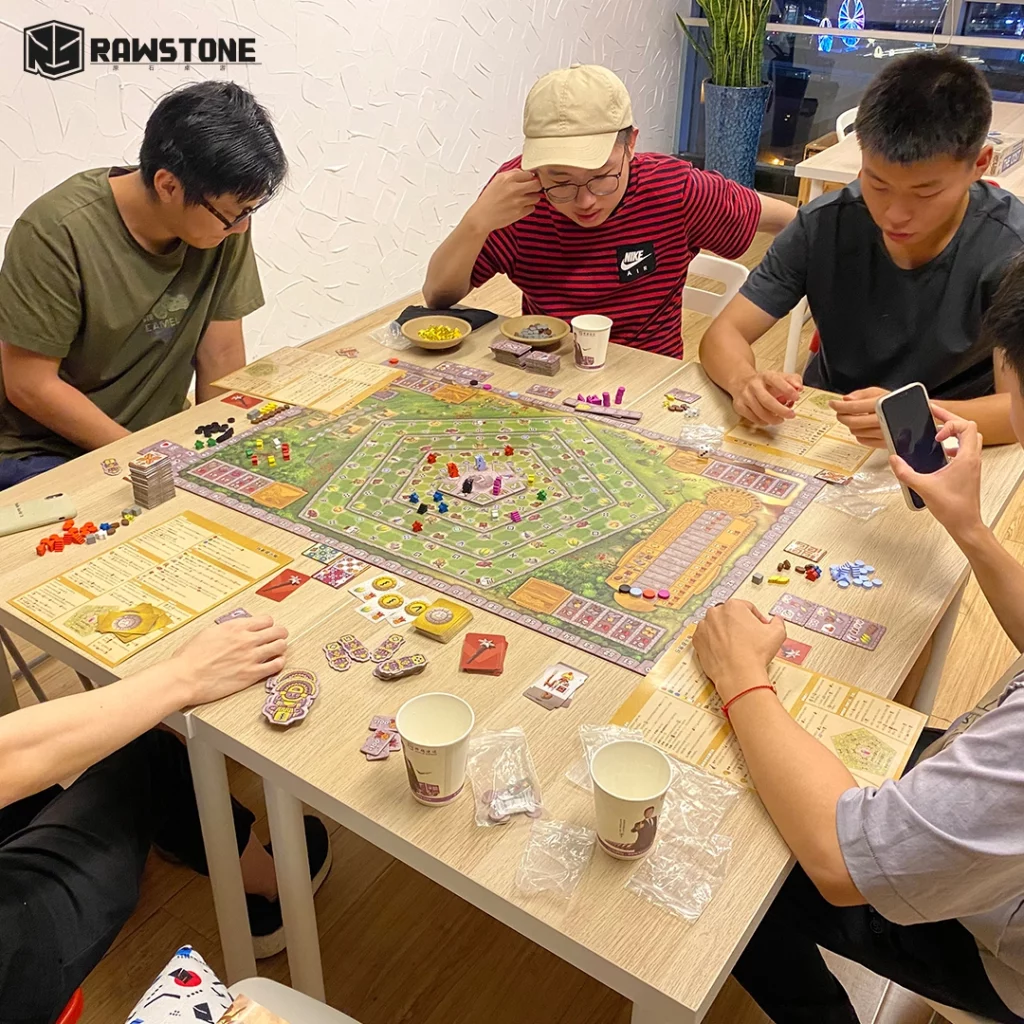
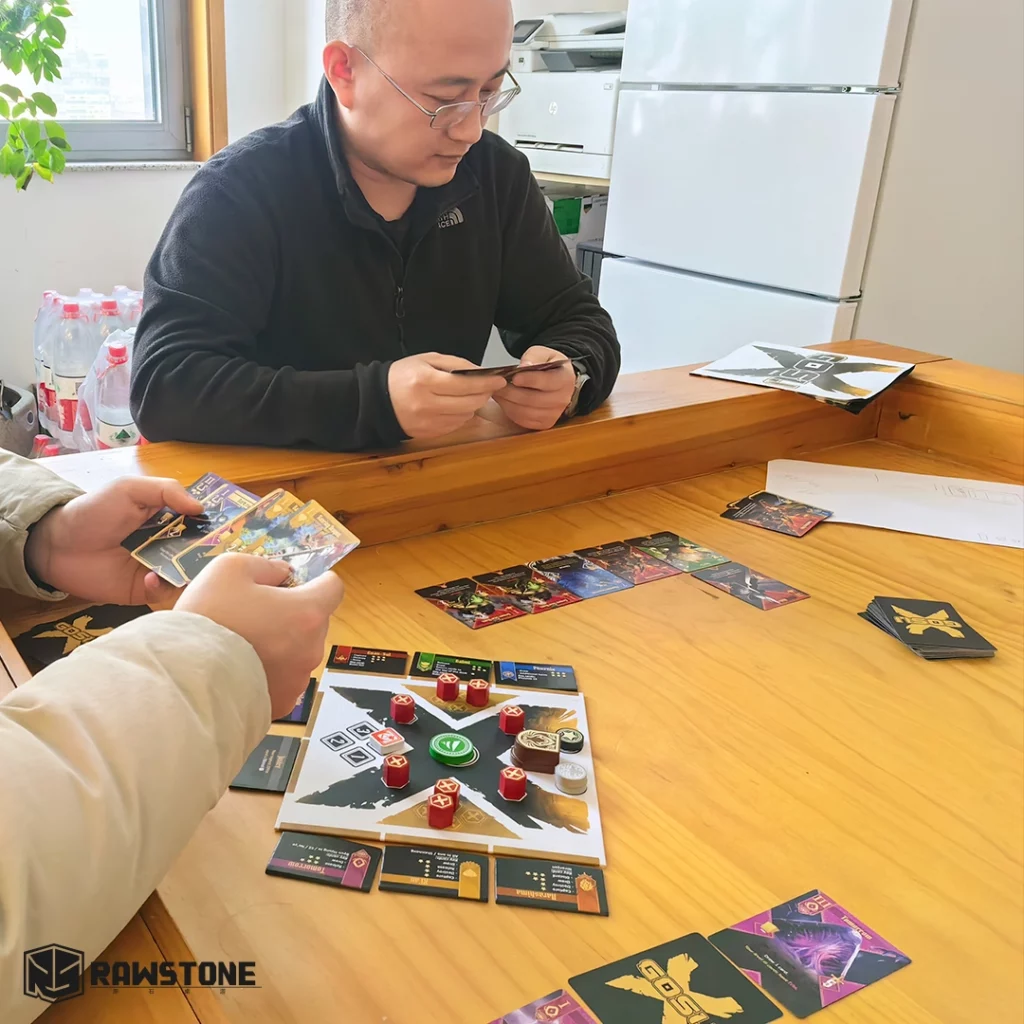
5. Cultivate Relationships: Foster a sense of community and belonging among playtesters by engaging with them on a personal level, listening to their feedback, and showing genuine appreciation for their contributions. Building strong relationships with playtesters creates a supportive environment where feedback is valued and collaboration thrives.
6. Create Online Forums: Establish online forums or discussion groups where playtesters can connect, share feedback, and discuss their experiences with your game. Encourage open communication, constructive criticism, and collaboration among members to foster a vibrant and engaged playtesting community.
7. Provide Clear Guidelines: Clearly communicate expectations, guidelines, and instructions for playtesting sessions to ensure consistency and quality feedback. Provide playtesters with specific tasks, questions, or objectives to focus their testing efforts and gather actionable insights.
8. Show Gratitude: Express gratitude to playtesters for their time, effort, and contributions to the development of your game. Whether it’s a heartfelt thank-you message, a handwritten note, or a small token of appreciation, showing gratitude goes a long way in building loyalty and goodwill within the playtesting community.
Conclusion:
In conclusion, building a thriving playtesting community is essential for successful game development, providing designers with a valuable resource of feedback, insights, and support. By implementing these strategies and fostering meaningful connections with playtesters, designers can create a supportive environment where collaboration thrives, and game development flourishes. So, embrace the power of community, engage with playtesters, and together, let’s create games that inspire, entertain, and delight players around the world. Happy playtesting!
you might also be interested...
How to Bring Board Games to China: Licensing, Localization, and Market Entry Strategies for Indie Publishers
Learn how to bring board games to China through expert localization, licensing strategy, and integrated manufacturing. A complete guide for...
> Read MoreBoard Games and Stress Relief | How Play Supports Wellbeing
Recent studies show that both board games and role-playing games can reduce stress, improve social connection, and support emotional wellbeing...
> Read MoreWhat Matters Most in Board Game Manufacturing: Cost, Quality, or Sustainability?
Discover how board game publishers weigh cost, quality, and sustainability when choosing a manufacturer.
> Read MoreFrom Worker Placement to Tile Placement: A Guide to the Most Popular Board Game Mechanics
Discover how to design sustainable board game packaging that’s eco-friendly, functional, and cost-effective!
> Read More
